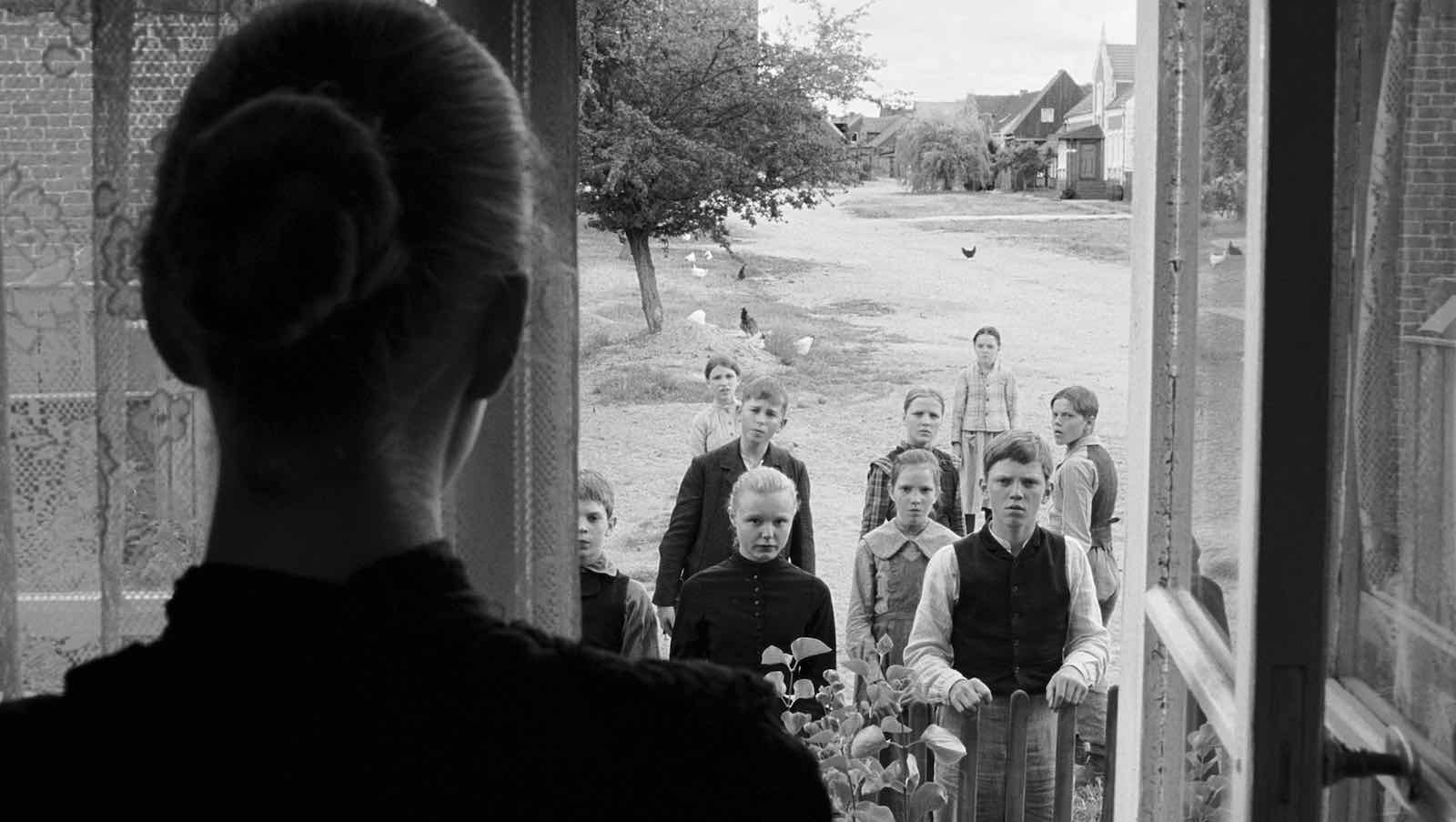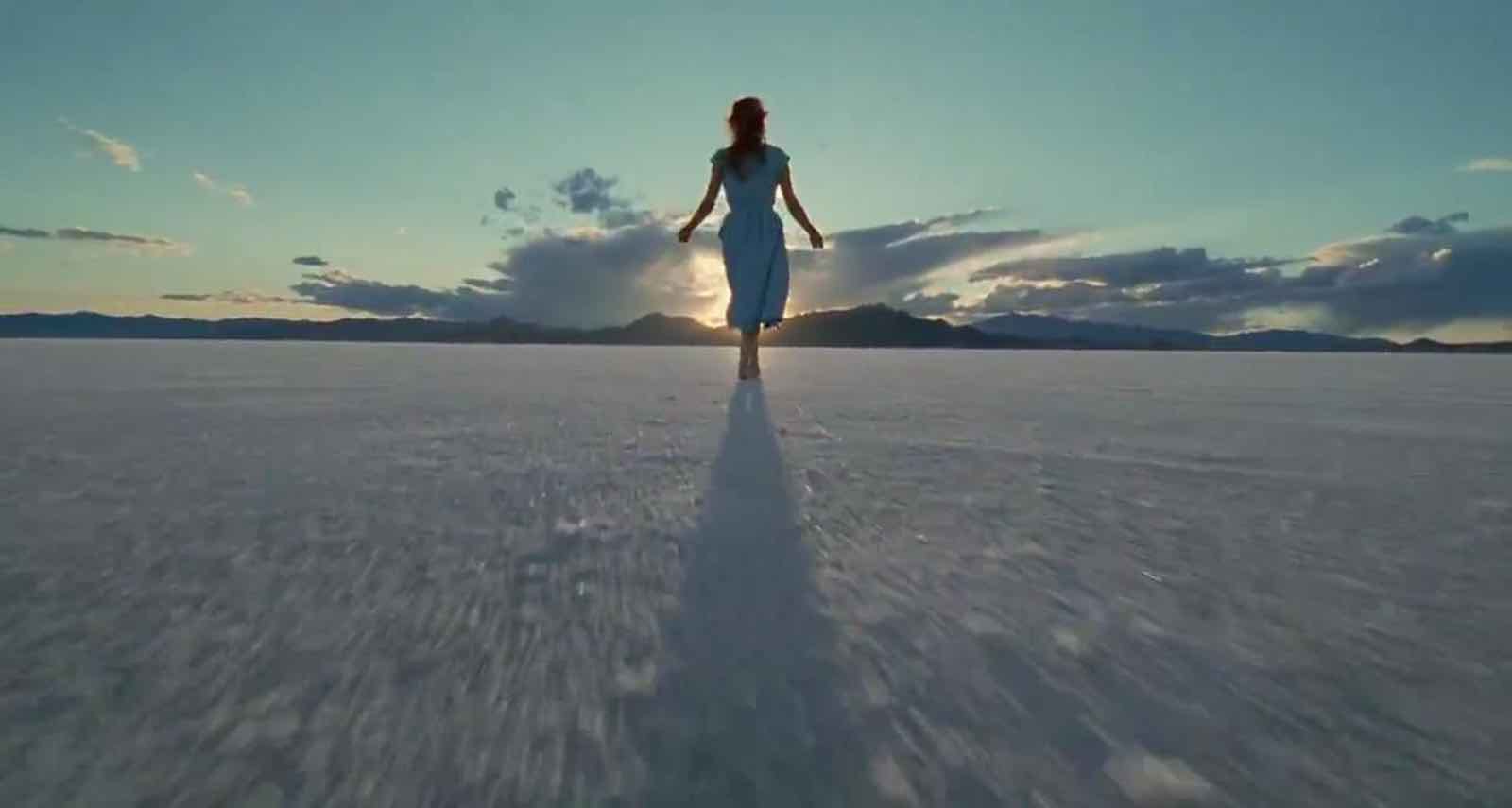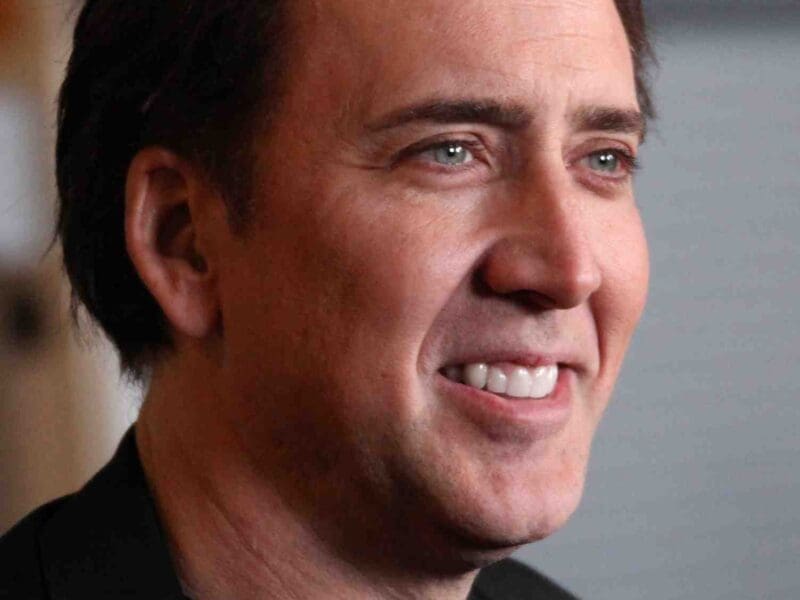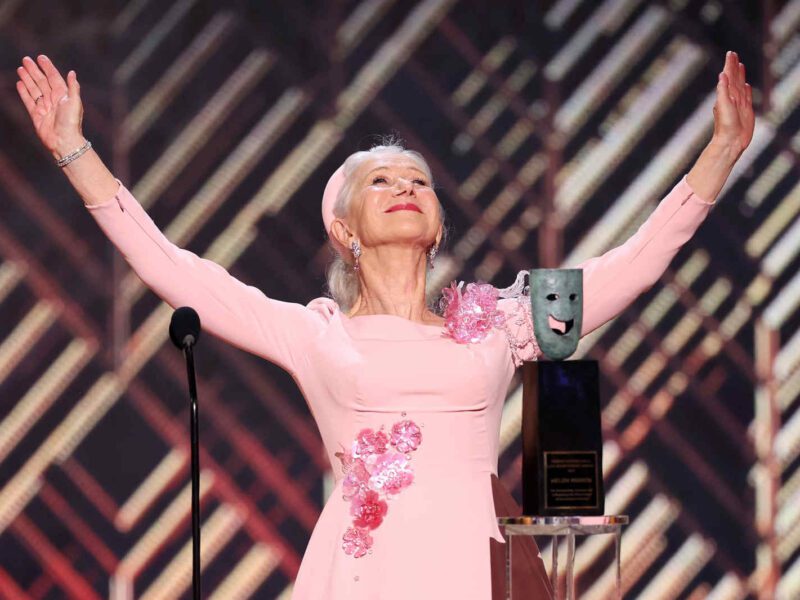
Cannes 2020: A Palme d’Or winner to seek out from every decade
As bingewatch ‘n’ chill takes over the world and superhero movies dominate the box office, we’re not the only ones who think Cannes Film Festival has become a little irrelevant.
The mere banning of Netflix movies from competing by the dusty French old guard probably means Cannes has rendered itself obsolete. Anyone with any idea about Hollywood knows Netflix is driving towards world domination, gunning to put as many old-school media companies out of business as possible.
However, throughout the decades Cannes has championed some legendary films. If you’re sick of bingewatching peak TV or you just need a break from Westworld fan theories, here’s our pick of the Palme d’Or winners worth seeking out from every decade. You’re welcome, film fan.

Black Orpheus (1959)
Taking place during Carnaval in a Rio de Janeiro favela, Black Orpheus sees director Marcel Camus (The Pioneers) bring the Greek legend of Orpheus and Eurydice into a modern day Brazilian setting to create a musically exhilarating spectacle.

The Umbrellas of Cherbourg (1964)
French filmmaker Jacques Demy’s (Donkey Skin) decision to have his characters sing every line of dialogue provides a heartfelt, often tragic tone, elevating The Umbrellas of Cherbourg above most American movie musicals.

M.A.S.H. (1970)
M.A.S.H. pales in comparison to Robert Altman’s (Gosford Park) best films, but it remains a worthwhile precursor to his finest work while providing a bounty of hilarious set-pieces and outlandish characters.

Paris, Texas (1984)
A mute Harry Dean Stanton (Alien) wanders through the West Texan desert before a family reunion sets him on a search for a past love. Deftly directed by Wim Wenders (Wings of Desire), Paris, Texas is even more poignant following Stanton’s death.

Wild at Heart (1990)
David Lynch (Twin Peaks) gives Nicolas Cage (Con Air) permission to go full Nicolas Cage in this bizarre, surrealist love story. Wild at Heart is also a showcase for one of Laura Dern’s (Big Little Lies) best performances and a genuinely chilling turn from Willem Dafoe (The Florida Project).

The White Ribbon (2009)
Set in pre-WWI Germany, Michael Haneke’s The White Ribbon explores the oppressive nature of its setting with stark black and white cinematography and a truly horrifying sequence of events.

The Tree of Life (2011)
The Tree of Life is many things to many people – a sincere meditation on grief, a beautiful ode to nature, a pretentious waste of time. But one thing’s for sure: Terrence Malick’s (Days of Heaven) fifth film has to be seen to be believed.







